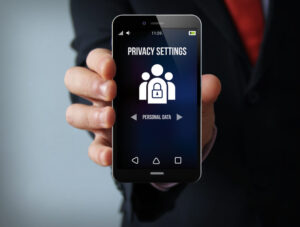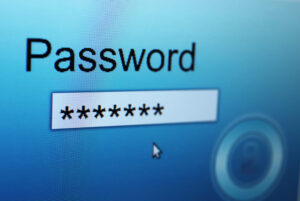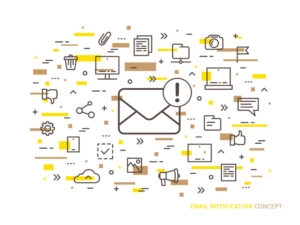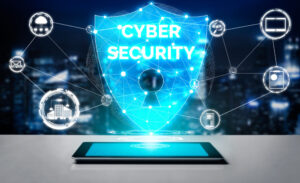In today’s digitally driven world, where social media platforms and online interactions dominate, accessing personal information is easier than ever. From oversharing on social media to neglecting basic privacy settings, these everyday actions can make you a target for predators, ranging from overzealous marketers to cyber criminals. However, you may not realize that certain online behaviors are attracting the wrong kind of attention. Here are 10 things you might be doing right now that could cause you to become their next target.
1. Oversharing on Social Media

When you share personal details such as your location, personal achievements, or family matters, it could be visible to more than just your friends and family. Unfortunately, potential criminals can use this information to plan scams or thefts. Therefore, it’s crucial to limit what you share and to whom you share it.
As a general rule, it’s best to avoid posting things such as your place of work, schools, contact details, and other information that can single you out. Also, consider adjusting your privacy settings so only trusted individuals can view your posts.
2. Ignoring Privacy Settings

Many social media users do not realize that profiles are public by default. Unless you physically change the settings, anyone can access it. This openness can make personal data easily available to people who may use it to their advantage. But, regularly reviewing and adjusting your privacy settings across all digital platforms can prevent unwanted access to your information.
3. Using Public Wi-Fi without Caution

Public Wi-Fi networks are not secure, making it easy for hackers to intercept data. This is one of the most common ways scammers get hold of passwords and credit card numbers. However, using a virtual private network (VPN) when connecting to public Wi-Fi will add an extra layer of protection. A VPN will encrypt your internet connection and safeguard your data from prying eyes.
4. Not Updating Software

Software updates often contain critical security patches that protect against newly discovered threats. Although time-consuming, these updates are vital to your cyber security. Ignoring these updates can leave your devices vulnerable to attacks. So, always make it a habit to install updates as soon as they become available.
5. Clicking on Unknown Links

Phishing attacks are extremely common. These occur when scammers trick you into giving up personal information by clicking on malicious links. These links can appear in emails, text messages, or social media messages. Therefore, always verify the source before clicking anything and avoid engaging with suspicious links altogether.
6. Using Simple Passwords

Having a simple password is another mistake that may attract the wrong kind of attention. Easy-to-guess passwords, such as “123456” or “password,” can be cracked in seconds by modern software. This is why most platforms require you to use complex passwords that include a mix of letters, numbers, and special characters. If you have trouble remembering these, a password manager can help manage these passwords without the need to remember each one.
7. Neglecting Physical Security

Physical security is just as important as online security. Leaving devices like smartphones or laptops unattended can lead to physical theft or phone cloning. Both of these give criminals direct access to your personal information. So, always keep your devices with you and ensure they are password-secured. If you can’t keep them on your person, then secure them in a locked area.
8. Engaging with Strangers Online

Online platforms can connect you with people worldwide. However, they also expose you to risks from those with malicious intent. You never know who you are talking to on the other end of the conversation. Therefore, be cautious about sharing personal information with strangers, and look for verified profiles and platforms when possible.
9. Poor Email Management

An unmanaged email account can become cluttered with spam and phishing attempts. All this junk mail makes it hard to spot malicious emails. However, you can use email filters and regularly clean out your inbox to minimize exposure to potentially harmful messages.
10. Failing to Monitor Financial Statements

Another way to protect yourself is by monitoring your financial records. Regularly checking your statements can help you catch unauthorized transactions early. This habit can be crucial for stopping financial fraud quickly, minimizing potential damage, and simplifying the resolution process with your bank.
Stay Vigilant and Secure

In a world where your digital footprint can be as visible as your physical one, staying vigilant about your online and offline behavior is the key to prevention. By adopting more secure practices, you can reduce the likelihood of attracting the wrong attention and safeguard your privacy.
If you haven’t looked in a while, take a moment to review and adjust your privacy settings. Don’t wait until your information is compromised! Protecting your digital life is essential for your cyber security.
Read More
- 10 Tips For Smart And Safe Online Shopping
- Cybersecurity Mistakes You’re Making That Cost You Money
Come back to what you love! Dollardig.com is the most reliable cash-back site on the web. Just sign up, click, shop, and get full cashback!
Read the full article here














